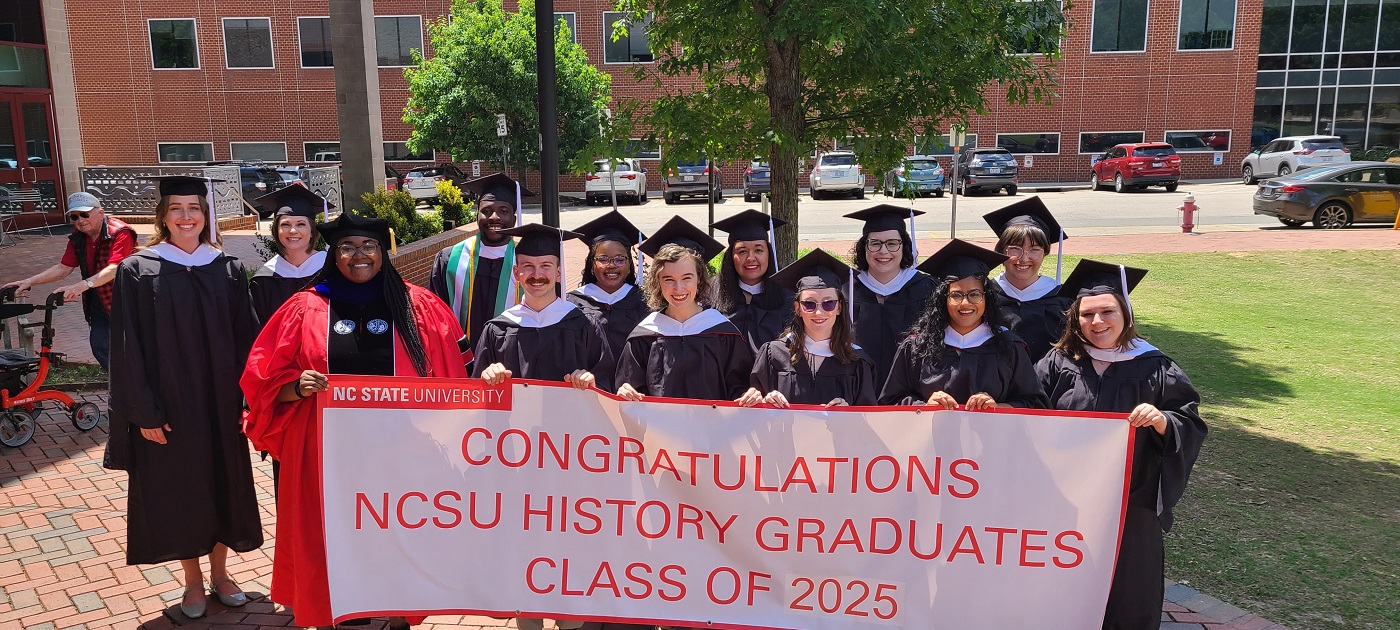“White Men Without Side-Arms:” Moderation, Manhood, and the Politics of Civil Rights in North Carolina, 1960-1965
Much of the existing historiography on the Civil Rights Movement in North Carolina either focuses on grassroots activists at the community level or on debates about whether the state’s white citizens exhibited “progressive” views on race or not. This study seeks to bridge this gap by examining the relationships and political struggles between African American activists, white moderates, and arch-segregationists at the state level from 1960 to 1965. Throughout, broader ideas about gender, race, religion, and democracy are analyzed in order to move beyond oversimplified narratives that accentuate the bold, progressive outlooks of white moderates, reduce their segregationist opponents to caricatures, and diminish the role that African Americans played in challenging white political dominance. In particular, this paper explores how African-Americans leveraged the state’s “progressive mystique” to obtain greater concessions from white moderate politicians, especially Governor Terry Sanford. Yet, white moderates also confronted strident objections to any change from white supremacists. In order to mollify the demands of both groups, Sanford’s leadership exemplified a temperate realpolitik that opposed direct action campaigns and promoted racial harmony, quality public education, and robust economic development. It also reflected the ways in which events forced him to do in gendered terms. When black activists filled the streets and public facilities of North Carolina employing non-violent direct action as consistent with their dignity as men and citizens, Sanford and other white moderates responded by recasting southern manhood on ideas of law and order and Christian brotherhood. This vision stood in stark contrast to arch- segregationists’ more traditional conception of masculinity that privileged the defense of white women and children and acted as a clarion call for massive resistance. By looking at these interactions through the lenses of race, gender, and politics, this work hopes to raise important questions about who determines the possibilities of social change, how masculinity has been constructed in the history of the American South, and how contingency can scrutinize narratives about North Carolina’s progressive reputation.
Cates, Madison Ward. “‘White Men Without Side-Arms:’ Moderation, Manhood, and the Politics of Civil Rights in North Carolina, 1960-1965.” (Under the direction of Dr. Katherine Mellen Charron.)
- Categories:


